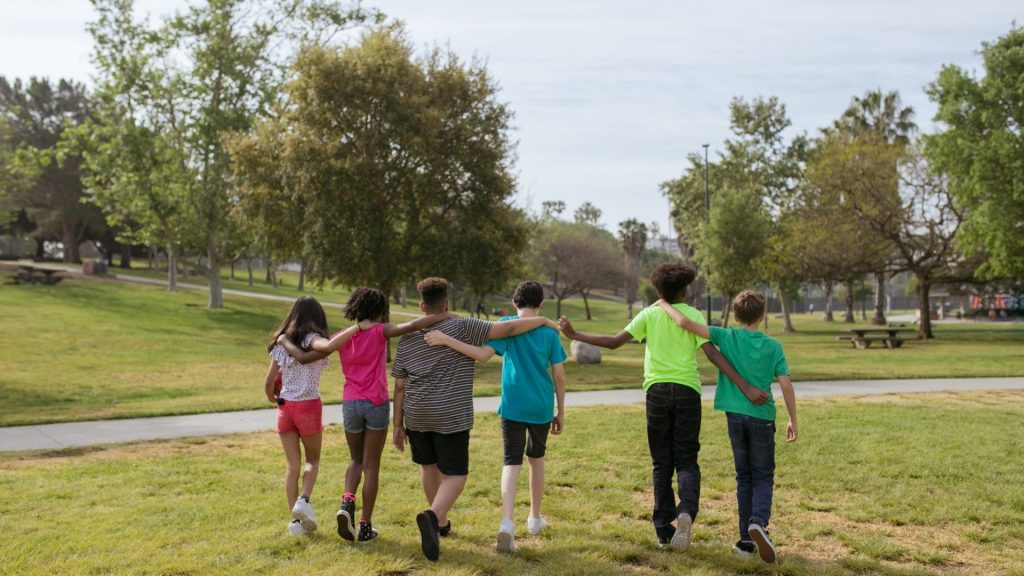Feds Announce New Initiative Directing Relief Funds To Boost After School Programs
The federal government is directing COVID relief funds to bolster after school programs in a community effort.

Yesterday, the Department of Education announced a new initiative to use COVID relief funding to boost attendance in after school programs. After school activities, and community sports programs have found difficulty regaining support from families after the pandemic. This new program is a federal initiative to direct more of the taxpayer dollars that were handed out to address public health concerns toward broader opportunities.
Schools, businesses, and individuals across the nation received unprecedented amounts of relief money. This has increased the national debt to well over $30 trillion. It also contributed to the current economic crash as many Americans decided to retire early, or even quit their jobs in search of new pursuits. Now that inflation is over 9% and students are struggling with food insecurity, the federal government is scrambling to provide children with extra support like after school programs.
Children have been especially affected by the long-term problems created by lockdowns and excessive COVID protocols. Babies and toddlers who were masked and isolated are experiencing developmental delays, and a national crisis in youth mental health has been declared by the US Surgeon General. School violence rose before children were let out for the summer this year, to such a degree that new security measures are being proposed, and a need for more after school programs has been expressed by teenagers caught in the middle of all these issues.
Although COVID relief funds were generally expected to help schools update HVAC units and health and wellness practices, the impact of the pandemic isn’t limited to just air quality concerns and medical treatments. It is true that some districts have utilized their covid relief funds for questionable purposes. While some have allocated these funds toward implementing Critical Race Theory ideology into teacher training and classroom lessons, many schools are finding it necessary to use their remaining funds to provide students with positive experiences found in after school programs and summer camp experiences that combat mental health issues — which were exacerbated due to enforced periods of isolation.
The increase in youth mental health problems is directly related to COVID-19 measures, and so relief funds used to provide after school programs are being welcomed in many communities. Yesterday, the Engage Every Student Initiative launched. This federal program is dedicated to bolstering community efforts to reconnect children and allow them to experience a missing sense of normalcy.
Critics of the new policy point out that American trust in the public education system is low, and enrollment rates have continued to decline. In addition, participation in sports programs and other after school offerings has been low. Giving more money to them isn’t likely to increase attendance, just as offering teachers higher pay has not solved the teacher shortage.

While families and communities work to find new solutions to solve the issues facing students today, the federal government has unveiled its own initiative to boost after school programs. Many are hopeful that this will provide organizations with the resources needed to meet students’ needs and get them involved in community efforts. Whether it is successful or not depends on enrollment, and whether parents trust these programs to properly serve their families.



